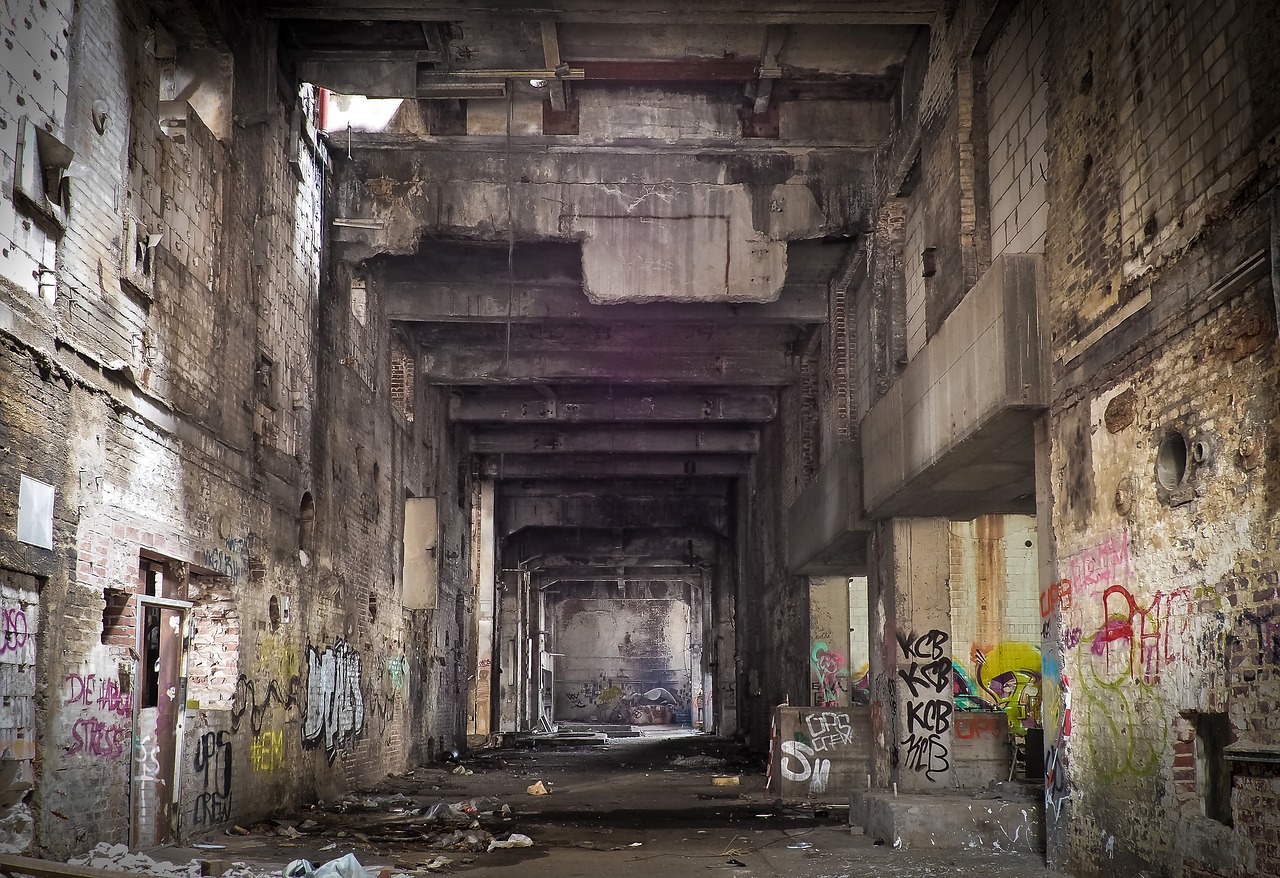
I’m sick of it. It seems that almost every other week, I see an article that subspecialization is the future of radiology. If you listen to the average author who writes the average article on the internet about this topic, general radiology is dead. Just do a google search yourself, and you will come up with a gazillion search results on this subject.
But if that is the case, coming from the trenches, why is it that my practice needs generalist radiologists more than ever? And, it’s not just me. When I speak to radiologists in other private businesses, they are saying the same thing.
So, why this dichotomy? Of course, I have a few theories. First, there is a gap between what the academics believe to be accurate and what is happening in radiology practices. Second, by claiming that subspecialization is always better for patient care, the folks that write these articles are drumming up business for themselves. And, then finally, programs now gear their training to subspecialist training. So, there is a bias that more subspecialists are needed.
In any case, let me give you some reasons why creating more radiology subspecialists is not the cure for meeting radiology’s demands. Sure, we need our specialists. But we need our generalists as well. Here we go!
Do You Need An MSK Radiologist To Read A Knee X-Ray?
Not all of radiology needs sophisticated subspecialist read. Generally, emergency medicine physicians want a brief answer on whether there is a fracture or not with a short description. Most could care less about the finer points, such as the Kellgren and Lawrence system, to classify osteoarthritis. Do we need to train more specialist physicians to read these straight vanilla films? Is it worth the expense and time?
Maldistribution Of Subspecialists Relative To Studies Performed
If you think about the majority of subspecialist currently being trained, it is not a one to one relationship with the type and amount of work in radiology. For every neuroradiologist, there is a heck of a lot more non-neuro studies than neuroradiology work. We need to complete a lot more other sorts of work daily than the number of neuroradiologists available. Think about how many GI CT abdomen and pelvic cases we read in the ER and how many GI subspecialty radiologists there are throughout the country. The numbers don’t add up!
Too Much NonSubspecialty Work For Subspecialists
Similar to the previous notion, most practices can not provide enough reads for subspecialists to interpret films in their subspecialty every hour of every day they work. Most specialized radiologists read a percentage of their subspecialty work (usually less than 50%!). So, does it make sense for all radiologists to be sub-specialized all the time based on the amount of work performed? Not!
Who Will Take Care of Rural Radiology?
You can make the case that rural hospitals and imaging centers can farm out studies to large subspecialty teleradiology or academic reading centers. In essence, though, that will never work. Most “small hospitals” want a radiologist on the premises to take care of the population’s general needs. Someone has to do the biopsies, intussception reductions, and iodine treatments in the area without having to send patients to a big city or tertiary care center. And no, that cannot be a subspecialist that only reads one particular type of study. These radiologists would be twiddling their thumbs. There is not enough work to fill the day!
Subspecialization, Not The Cure-All For What Ails Radiology!
If I sat here all day, I’m sure I can think of myriad additional reasons why we also need our generalists in radiology. The point here is that subspecialization, although required, will not fulfill all the needs in the radiology universe. We should not overemphasize the subspecialist at the expense of creating fewer and fewer generalists. Instead, we need to meet the demands of the work that needs to get done. And, creating more super subspecialists is not the answer to all our problems!







